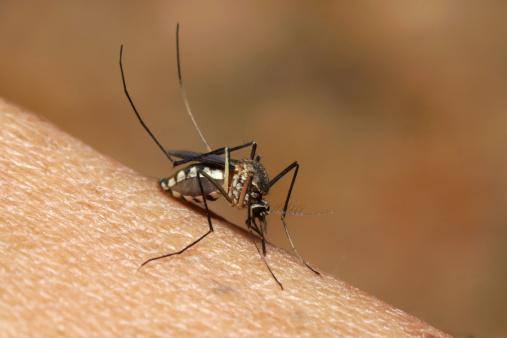The Pan American Health Organization (PAHO) urged countries in Central America, Mexico, and the Caribbean to strengthen their efforts to prevent dengue infections, given that those areas are entering their increased transmission season and that countries in South America have reported record activity this year.

In a May 24 epidemiologic alert, PAHO said the Americas region this year has already reported more than 8.1 million dengue cases, a 3.3-fold increase over the same period last year. More than 3,600 deaths have been reported among the cases. The hardest-hit countries include Brazil, Argentina, Paraguay, Peru, Colombia, and Mexico.
In Mexico and some Central America countries, dengue cases are already up between 2.5 and 6 times higher than the same time in 2023. In the Caribbean region, cases are up 5.7-fold from the previous year.
PAHO urged countries to focus on early diagnosis and proper management to prevent severe illness and death. It also urged public health officials to emphasize the importance of eliminating mosquito breeding sites and for people to avoid mosquito bites by wearing insect repellent and clothing to protect the arms and legs.












